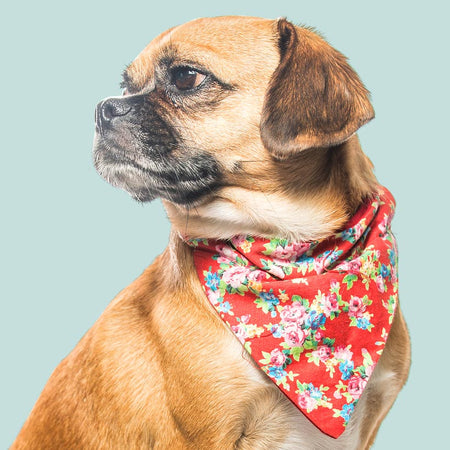Ever experience cuddling with your significant other while your dog wiggles his way right between the two of you? Does your dog feel jealous or are we just imagining that?
We all know our pets have feelings, and our dogs sometimes exhibit signs of jealousy. But are they really jealous?
A recent study published in PLOS ONE brings us a bit closer to proving our dogs can experience jealousy. The study was developed by psychologists from the University of California San Diego, who adopted a test that has been used on human infants to see whether dogs exhibit jealous behavior.
Working with 36 dogs, researchers videotaped how the animals reacted to their owners totally ignoring them while these dog parents pet and paid attention to an animated stuffed dog. While the pet parents interacted with the stuffed animals, more than three-quarters of the dogs pushed or touched their pet parents. The dogs tried to muzzle their way between the toy and their parents; they also growled at the plush pets.
Christine Harris, who led the study, has been studying jealousy for many years. She told an NPR reporter, “The motivation that you have when you’re jealous is to really break up the liaison between your loved one and your rival. The fact that these dogs seemed like they were trying to draw their owners away from the stuffed animal indicates that they’re feeling something very similar to human jealousy.”
According to Marck Becoff, an emeritus professor of evolutionary biology at the University of Colorado at Boulder, and author of Why Dogs Hump and Bees Get Depressed, “This study opens the door to a lot more research on animal emotion.”
Bekoff believes animals get jealous. He says he’s seen what looks like jealousy in his work with dogs, coyotes, and wolves.
This is one of the first controlled experiments that shed some light on jealousy in animals.
Not everyone is convinced. Laurie Santos, director of the Canine Cognition Center at Yale University, told NPR, “The problem is that the researchers didn’t look at how dogs would react just to those objects. It could be that the dogs were jealous of the stuffed animal or it could be that the dogs really distrusted the stuffed animal and were acting out of fear.”
According to Santos, it is possible that dogs experience jealousy, “This is a very new science. We are just developing new tools to better understand animal emotions.”
Sources: NPR, PLOS ONE

